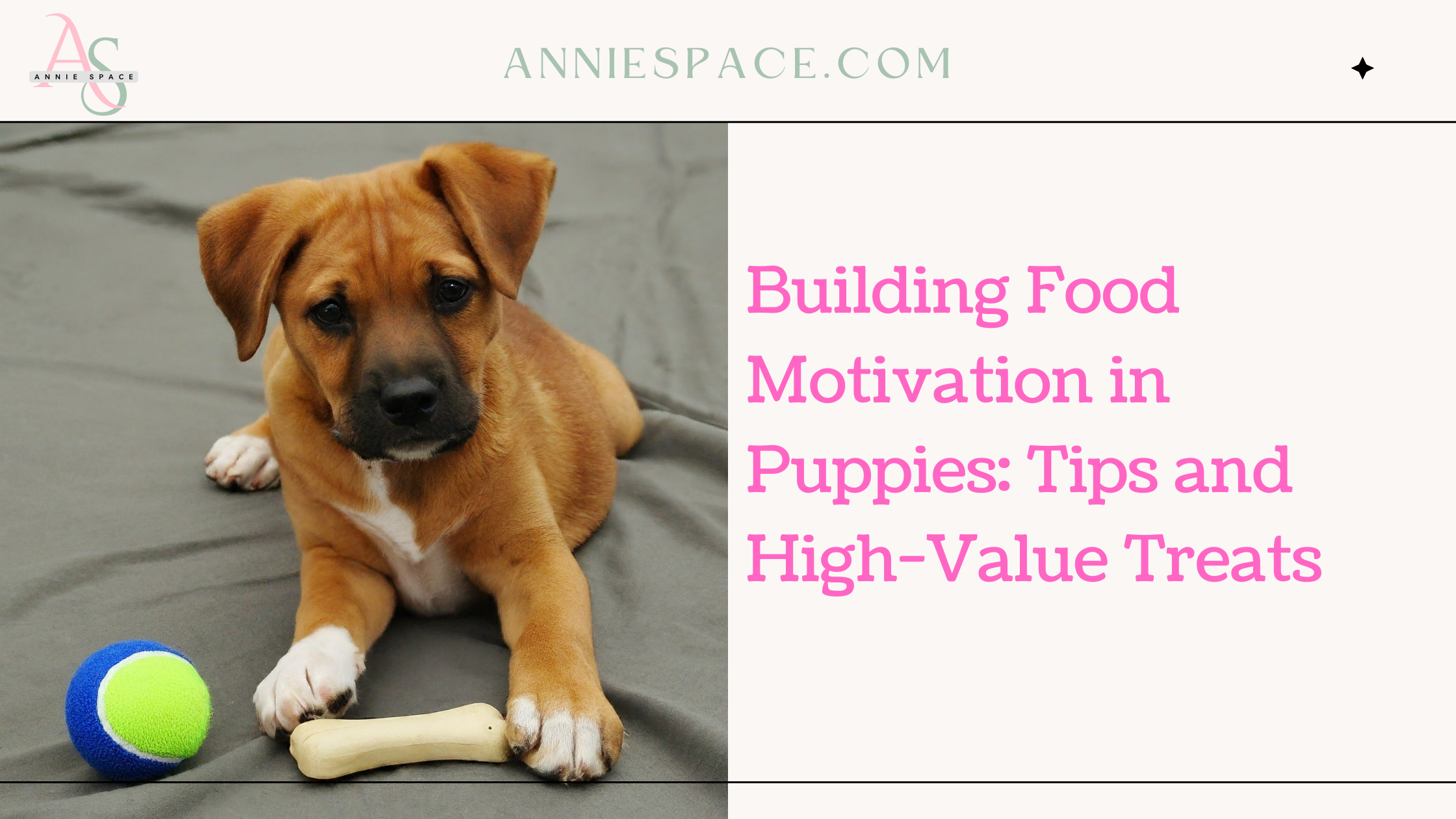Training a puppy can sometimes be challenging, especially when they’re not particularly motivated by food or toys. If you’re facing this issue, it’s important to experiment with different approaches and high-value treats to find what works best for your puppy. Here are some suggestions to help build food motivation and improve obedience training.
High-Value Treats To Try
- Cooked Chicken: Small pieces of plain, cooked chicken are often irresistible to dogs. It’s a lean protein source and can be very enticing.
- Freeze-Dried Treats: These treats are lightweight and often very flavorful. Options include liver, chicken, and fish. They’re easy to break into small pieces and can be a powerful motivator.
- Baby Food: Some unsalted baby foods (without onions or garlic) can be used as a special treat. Look for simple ingredients like pureed meats or vegetables.
- Cheese Bits: Small pieces of cheese can be a tasty and rewarding treat. Just be mindful of portions, as cheese is high in fat.
Tips for Building Food Drive
- Hand-Feeding: Occasionally feed your puppy their kibble by hand instead of from a bowl. This can help strengthen the bond between you and make meals more engaging.
- Treat Variety: Rotate different treats to keep your puppy interested. Sometimes, dogs can get bored with the same treats, so offering a variety can help maintain their interest.
- Short, Fun Training Sessions: Keep training sessions brief and enjoyable. This helps prevent your puppy from losing interest and reinforces positive associations with training.
- Praise and Playtime: If your puppy isn’t food-motivated, try incorporating praise, petting, or playtime as rewards. Some dogs respond better to affection and play than to treats.
- Eye Contact and Engagement: If your puppy struggles to find treats or seems confused, practice making eye contact and guiding them gently to the treat. This can help them understand that the treat is a reward for their behavior.
- Consider Short Fasts: With your vet’s approval, occasionally skipping a meal or feeding a bit less can make your puppy more interested in treats during training sessions. However, always ensure your puppy is getting the necessary nutrition.
Building food drive and motivation takes time and patience. Consistent positive reinforcement will help your puppy associate training with positive experiences, whether through food, affection, or play. If you have concerns about your puppy’s vision or any other health issues, consult your veterinarian for advice and reassurance.

